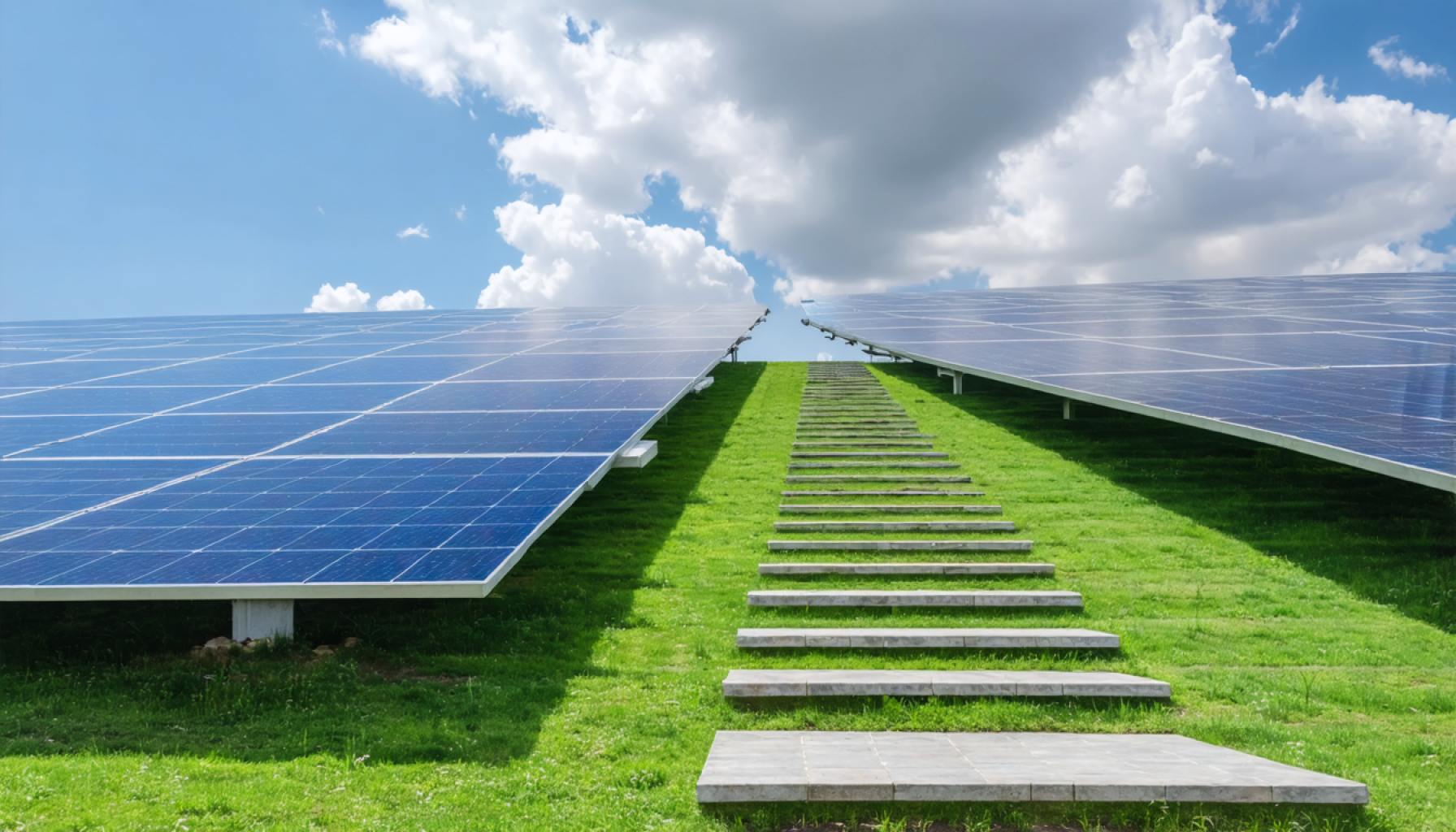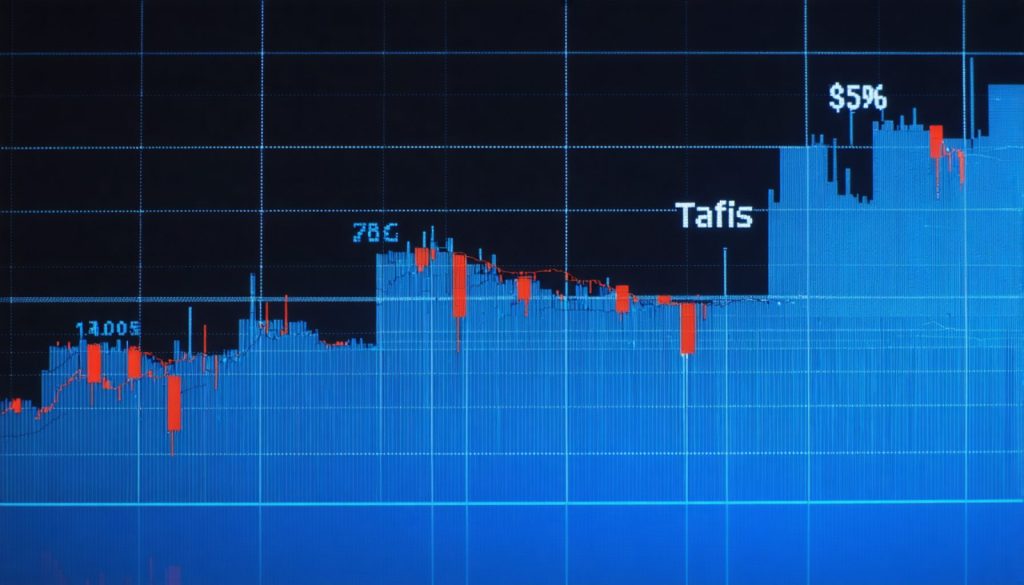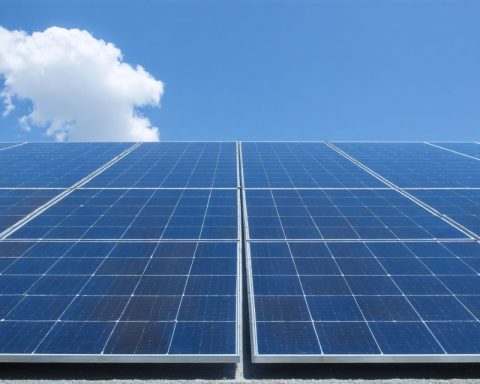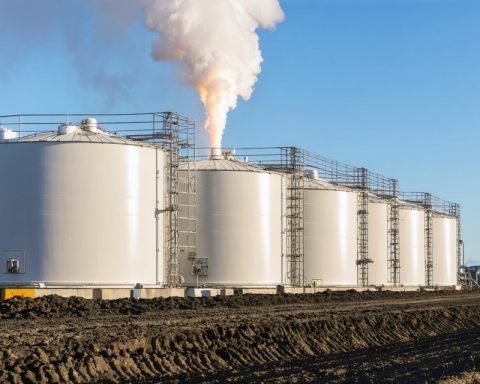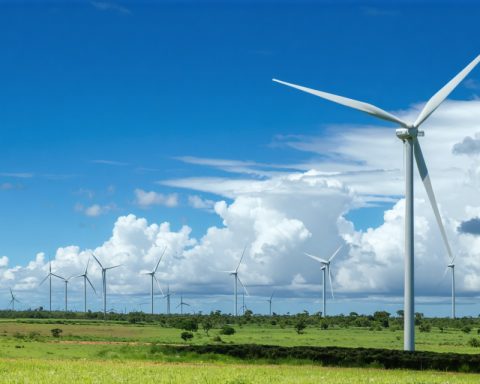- Bulgaria is embarking on a major solar energy initiative to promote clean energy use across municipalities, schools, and hospitals.
- This initiative allows institutions to produce their own electricity without upfront costs, becoming solar energy owners within 6-8 years through savings.
- Funding is potentially supported by green bonds, demonstrating Bulgaria’s commitment to sustainable energy practices.
- The Vertical Gas Corridor, a 57 million Euro investment, enhances Bulgaria’s energy security by connecting Southeast Europe, helping avoid gas shortages.
- Burgas Municipality exemplifies the initiative’s success, powering public facilities sustainably without imposing fiscal strain.
- Bulgaria’s strategy combines solar power development with natural gas infrastructure, aiming to lead Europe’s green energy transition.
- The dual approach enhances Bulgaria’s energy resilience, marrying renewable solar energy with natural gas for a sustainable future.
The sun-drenched landscapes of Bulgaria are set to host an ambitious transformation, as the nation strides toward becoming one of Europe’s green energy gladiators. With a potent cocktail of policy and innovation, the Ministry of Energy, in association with the Electricity System Operator and the Bulgarian Development Bank, is championing a solar shift. Their initiative invites municipalities, schools, kindergartens, hospitals, and small businesses to delve into solar energy, promising a landscape where clean, locally-produced electricity reigns supreme.
Imagine a Bulgaria where schools and hospitals aren’t mere consumers of energy. Instead, they bask in sunlight, converting it into electricity with no initial financial burden. Over six to eight years, these institutions, thanks to energy savings, become full-fledged owners of their solar setups—a visionary leap toward reducing carbon footprints while fostering economic self-sufficiency. With solar panels blooming on rooftops, this initiative fosters the grassroots development of what could become Europe’s mightiest energy community.
Minister Zhecho Stankov envisions Bulgaria heading this eco-conscious revolution, potentially funded by the country’s pioneering green bond. Such a financial tool would underline Bulgaria’s commitment to sustainable energy, supporting a wide array of beneficiaries without straining local budgets. This gesture isn’t just theoretical. Burgas Municipality stands as a shining example, poised to electrify its public facilities without draining fiscal resources.
Though the sun powers the nation by day, Bulgaria’s energy renaissance extends beneath the ground. The Vertical Gas Corridor—a robust 57 million Euro government investment—aims to secure Bulgaria’s energy future through a seamless blend of infrastructure and natural gas transit capability. Linking Greece to Ukraine, this corridor connects Southeast Europe like never before, safeguarding Bulgaria from gas shortages. First pipes from India have already begun their journey below the verdant Bulgarian terrain, threading through mountains and valleys, ensuring the harmony of nature remains intact.
In this new chapter, Bulgaria’s energy strategy deftly balances the brilliance of sunlight with the quiet resilience of underground pipelines. As capacity expands and corridors deepen, Bulgaria inches closer to securing an energy-insulated future, poised to lead in Europe’s environmentally responsible energy production.
Europe should watch the horizon where Bulgaria’s solar and gas strategies merge into an eternal flame of green aspirations. This isn’t just about energy; it’s about securing a sustainable tomorrow where the environment and economy thrive hand in hand. As pipes stretch and solar panels shimmer under the sun, Bulgaria stands ready to redefine the continental energy landscape.
Bulgaria’s Bold Energy Revolution: How Solar Power and Gas Pipelines Are Transforming the Nation
Introduction
Bulgaria is embarking on a transformative journey to become a leader in green energy within Europe. This initiative led by the Ministry of Energy and supported by the Electricity System Operator and the Bulgarian Development Bank aims to revolutionize how municipalities, educational institutions, and small businesses access and use energy. By integrating solar energy with strategic gas pipeline developments, Bulgaria is poised to not only reduce its carbon footprint but also enhance its economic stability and energy independence.
Expanding on the Solar Initiative
Bulgaria’s solar initiative is more than just an environmental effort; it is an economic empowerment strategy. Here’s what wasn’t fully covered in the original material:
1. How the Initiative Works:
– Institutions can install solar panels without initial capital, financed through a green bond.
– Over a repayment period of six to eight years funded by energy savings, these entities become owners of the solar systems.
– This structure minimizes upfront costs and accelerates the adoption of renewable energy.
2. Real-World Benefits:
– Schools and hospitals can redirect energy savings into operational improvements, educational tools, or patient care enhancements.
– Businesses gain a competitive advantage by reducing overhead costs and potentially selling excess energy back to the grid.
3. Expected Market Growth:
– The European solar market is anticipated to grow significantly, with Bulgaria at the forefront. According to the International Energy Agency, solar power could become the largest source of electricity by 2050, with Europe as a leader.
The Vertical Gas Corridor: Strategic Insights
While solar energy captures headlines, Bulgaria’s Vertical Gas Corridor is equally groundbreaking:
1. Security and Supply:
– This 57 million Euro investment is crucial for Bulgaria’s energy security, reducing reliance on Russian gas and ensuring a stable supply chain from Greece to Ukraine.
– It diversifies energy sources and prevents potential shortages.
2. Environmental Considerations:
– This project carefully considers environmental impacts, using advanced technology to minimize disruption to natural landscapes during pipeline construction.
Challenges and Limitations
1. Financing and Implementation Hurdles:
– Securing funding for expansive solar and gas projects poses challenges, though green bonds are a promising solution.
– Bureaucratic obstacles and regulatory complexities might delay progress.
2. Public Acceptance:
– Although the project promises green energy, it must overcome local opposition and skepticism about environmental impacts and economic feasibility.
Pros & Cons Overview
Pros:
– Significant reduction in energy costs for public and private sector entities.
– Enhancement of Bulgaria’s energy independence and security.
– Potential generation of new jobs in the renewable energy sector.
– Environmental benefits through reduced carbon emissions.
Cons:
– High initial setup and logistical complexity in integrating solar and gas infrastructure.
– Potential resistance from fossil fuel-dependent sectors.
– Requirement for ongoing maintenance and updates.
Actionable Recommendations for Harnessing Bulgaria’s Green Revolution
1. For Institutions and Businesses:
– Evaluate energy needs and assess potential savings with renewable energy adoption.
– Consider partnerships with energy providers to maximize the benefits of solar systems.
2. For Policy Makers:
– Develop supportive policies to streamline the permit process and reduce bureaucratic barriers.
– Foster public awareness campaigns to encourage acceptance and understanding.
3. For Individuals:
– Invest in personal solar solutions or community solar programs to reduce reliance on non-renewable energy sources.
– Advocate for green energy solutions in local communities and schools.
Conclusion
With its ambitious solar initiatives and strategic gas pipelines, Bulgaria is setting a new standard for sustainable energy strategies in Europe. As the nation balances above-ground solar solutions with underground gas security, it crafts a robust model for energy independence and environmental responsibility. By becoming a proactive participant in this energy revolution, Bulgaria is not just redefining its own future but is also offering a blueprint for other countries to follow.
For more insights on renewable energy trends, visit the International Energy Agency.
